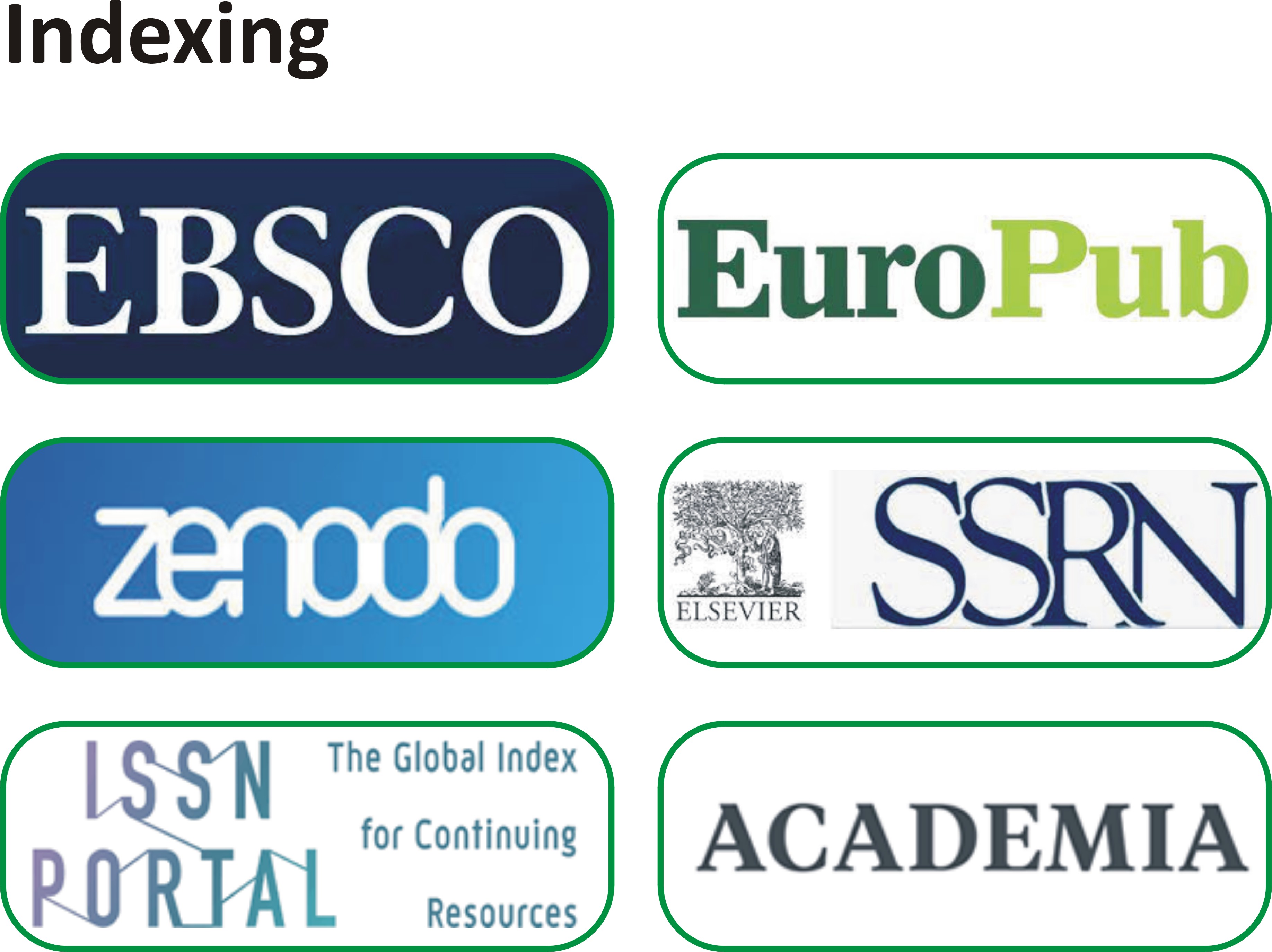WhatsApp Language as a Digital Dialect: Examining the Evolution of Distinct Vocabulary, Grammar, and Conventions
Abstract
Language is one of the most significant identity markers, and dialects reflect regional, social, and cultural roots. As digital communication has become more prevalent, "digital dialects" are evolving—unique forms of expression influenced by the rules and structures of online platforms. This paper studies the linguistics of the so-called "WhatsApp language" as a prospective digital dialect, with its distinct lexis, morphosyntax, and stylistic regularities that change over time. WhatsApp is one of the most used digital communication channels globally, boasting over 2.7 billion active users worldwide. Whether or not WhatsApp users develop a specific linguistic system despite the interactive features of WhatsApp and the more informal communication found within them is investigated in this study. In this respect, the study aims to discover the exact structural and functional properties of WhatsApp language whilst other areas of inquiry pertain to how such a language evolves and its functioning regarding transnational digital linguistic identities. The research provides a broader perspective of digital platforms and their impact on language use, exploring new linguistic phenomena during this new era.







